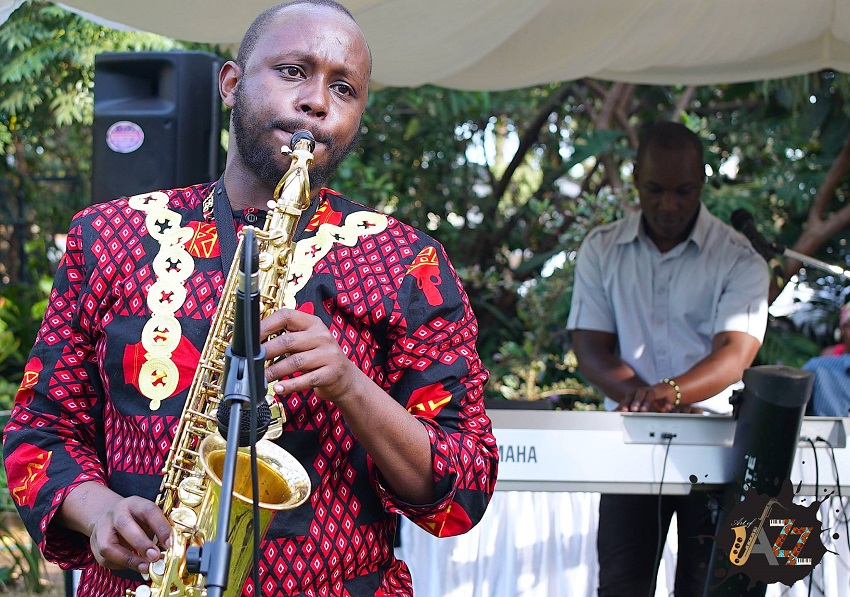- Nationwide curfew from Friday, March 27th, from 7pm to 5am
- Suspension of all flights in and out of Kenya from midnight, March 25th
- Closure of restaurants, bars and nightclubs, although restaurants are encouraged to provide delivery
- Forcible quarantine for everyone arriving in Kenya from mid-March before the closure of its airspace. It also refused entry to non-residents or non-citizens prior to the closure
- School closures from mid-March
Africa & Kenya Coronavirus Q&A
13th March, 2020 at 3:25PM
What should I do if I think I have coronavirus (or Covid-19)?Kenya now has several confirmed cases of Covid-19, after its first case was confirmed on March 13. The World Health Organisation recommends that you stay at home if you feel unwell, and do not go out until you recover. If your symptoms develop into a cough, fever and difficulty breathing, call Kenya's toll-free helpline at 0800 721 316 or 0732 35 35 35.A very few private clinics are starting to take blood to test for the virus (such as Lancet labs, which offers drive-through screening, and Aga Khan), but those who don't will call the above number, and responsibility will pass to the Ministry of Health to screen you. If the results are positive, you will be put into isolation, and your close contacts quarantined, according to the Health Ministry. Alternatively, health officials are advising those who suspect they have the disease to go directly to Kenyatta National Hospital (KNH) for screening. The private Aga Khan University Hospital has said that it also has the capacity to both test and admit patients with suspected or confirmed coronavirus. Its hotline is 0709 931 700.The government has created isolation units at Kenyatta and Mbagathi hospitals.Other resources include:Kenya Ministry of Health: Twitter: @MOH_Kenya, Facebook: MinstryofHealthKE, website: http://www.health.go.ke/Ministry of Health Helplines: 0800 721 316 or 0732 35 35 35 or 0729 471 414.http://www.health.go.ke/wp-content/uploads/2020/03/COVID-19-Public-Poster.pdfAAR: 0709 701 000Aga Khan University Hospital hotline - 0709 931 700MP Shah Hospital hotline: 0722 204 427 / 0733 606 113Lancet Kenya - 0703 061 000US Embassy in Kenya https://ke.usembassy.gov/covid-19-information/If you are a foreign national, consider registering with your national embassy or high commission in Nairobi - if you haven't done so already - to receive regular updates about the security situation, flights and to access advice.What plans have been prepared to prevent a major outbreak in Kenya? Kenya has taken dramatic steps to halt the virus in its tracks. These include:

28th Feb, 2019 at 11:53AM
Celebrating 'Art of Jazz' Event on International Jazz Day

11th Aug, 2020 at 9:11AM



